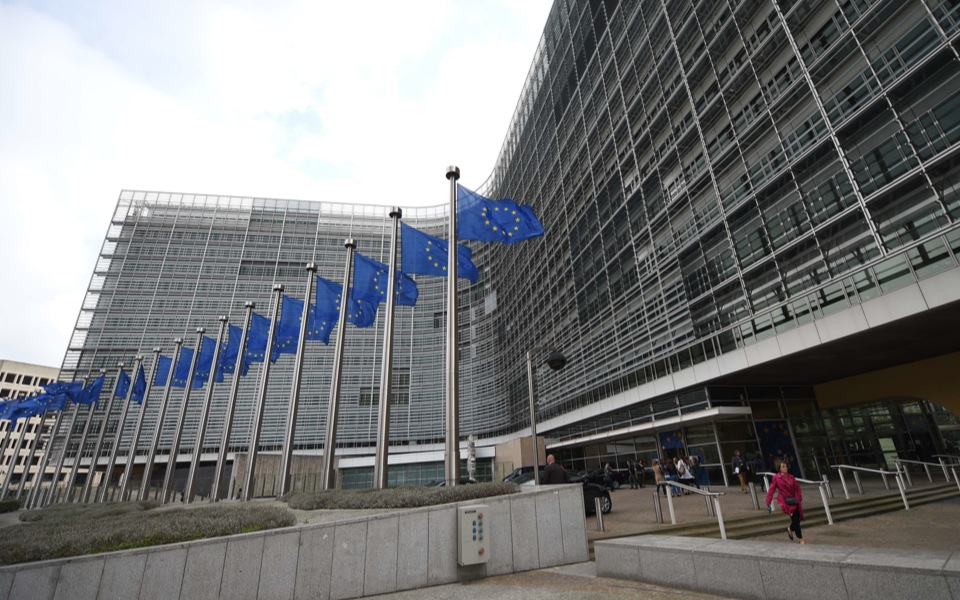Brussels targeting deal with Athens by end of May

For all the optimism being expressed about the bailout review being completed by the end of April, officials in Brussels remain reserved and in fact consider the end of May as a more realistic target as the Greek government must first close a series of issues that remain open. At the same time, they make it clear that unless the review and a deal with the International Monetary Fund are concluded, there can be no disbursement.
Still, European Union officials note that if Athens does indeed have the political will, the review can be completed within just a few days. “The conclusion of the review could come fairly quickly as it is a matter of the Greeks’ political will,” a senior European official told Kathimerini.
“Unless it is completed soon, then things could take a downturn from May, as there will be very little interest in any negotiation up to June 23,” he added, referring to the date of the British referendum on an EU exit.
Some European officials think that the Greeks may be using stalling tactics to put talks off until the EU becomes more vulnerable as it would not want another crisis before the British voters go to the polling booths. If that is indeed the government’s strategy, “then the Greeks have calculated it wrong, as from the end of May till the referendum there will be no discussion,” a European source told Kathimerini.
As for the open fronts, there are many, but there are four main ones: The first is the tax reform, where Brussels sources say the two sides are quite close; the second concerns the social security reform, with a significant distance remaining between the two sides; the third is the issue of the bad loans, where the gap between Athens and the creditors is considerable, with Economy Minister Giorgos Stathakis apparently making the negotiations even more difficult; while the fourth pertains to the creation of a hyperfund for privatizations, with very little headway having been made in that direction.
Furthermore, the International Monetary Fund has brought labor issues onto the table, something which has met the opposition of the Europeans as they think that should be tackled later on, while there is also disagreement as to whether that should form part of this bailout review at all.





